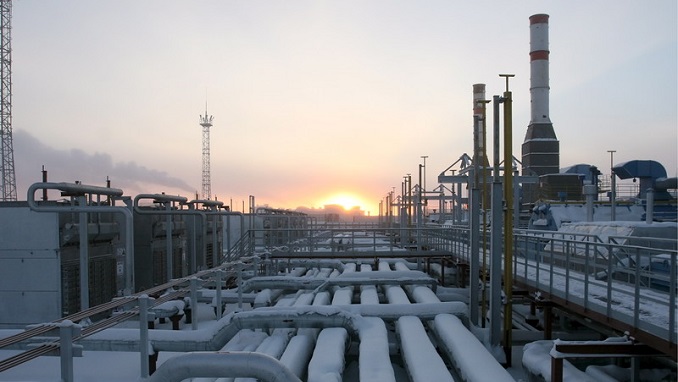As Russia is seeking new oil and gas export deals to compensate for the loss of revenue following Russia’s invasion of Ukraine and the subsequent sanctions from the West, China has become Russia’s key gas importer.
However, Russia is selling gas to China at a cheaper price and increased delivery cost, not even closely replacing the European market. Speaking to a number of experts, Bloomberg wrote that “the Asian superpower would only account for about two-thirds of the volumes that once flowed to Europe.”
In the meantime, EU countries are trying to diversify their dependence on Russian energy imports as much as possible. Despite the high energy costs and lost investments, like in the case of the Nord Stream 2 pipeline, most nations are hedging their bets and hope to avoid dependence on Russian gas, which was used as a geopolitical influence tool. Some Russian officials even threatened to “freeze Europe.”
Regardless of the uncertainty in the energy market, further complicated by the Israel-Hamas conflict, Reuters reported that “Gazprom said on Thursday that it was working on the design of infrastructure for a gas pipeline from the Sakhalin region in Russia’s Far East to China.” This move clearly shows that Russia aims to further increase its gas supply to China and signal a productive visit by Russian President Vladimir Putin to Beijing during the week of October 16.
While for Russia, gas exports to China present a much-needed export diversification opportunity, for China, the deal aligns with its goal to reduce its reliance on coal and shift towards cleaner energy sources.
Natural gas fits well into China’s strategy to reduce pollution and combat climate change.
Due to their similar economic interests, the two nations—frequently in conflict with the West—have forged a deeper geopolitical alliance. An important component of the larger East-West power shift is this coalition.



